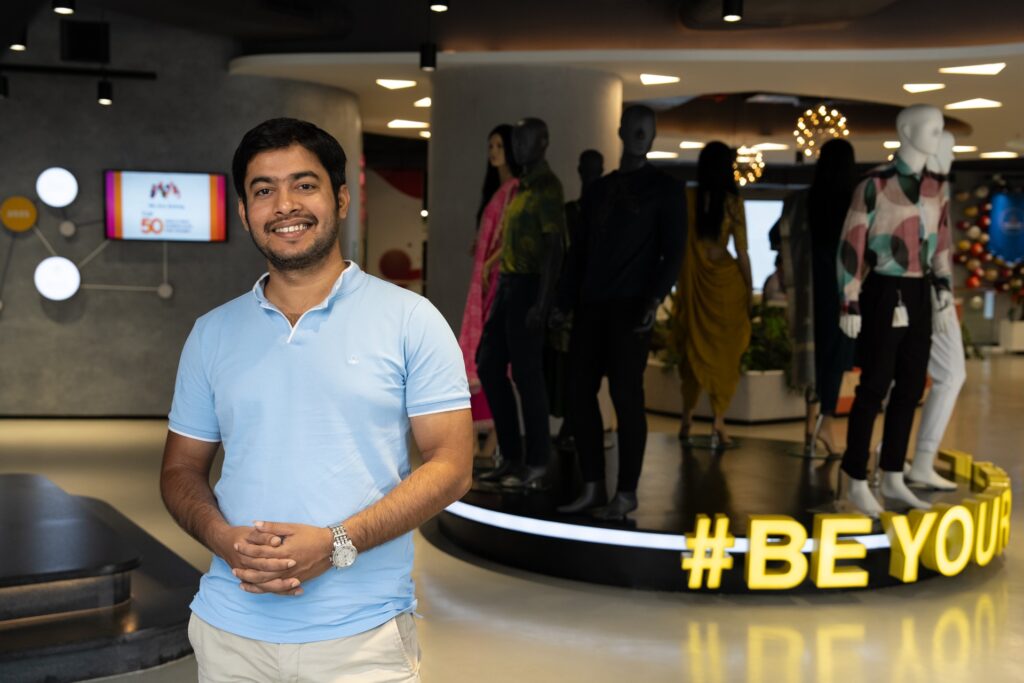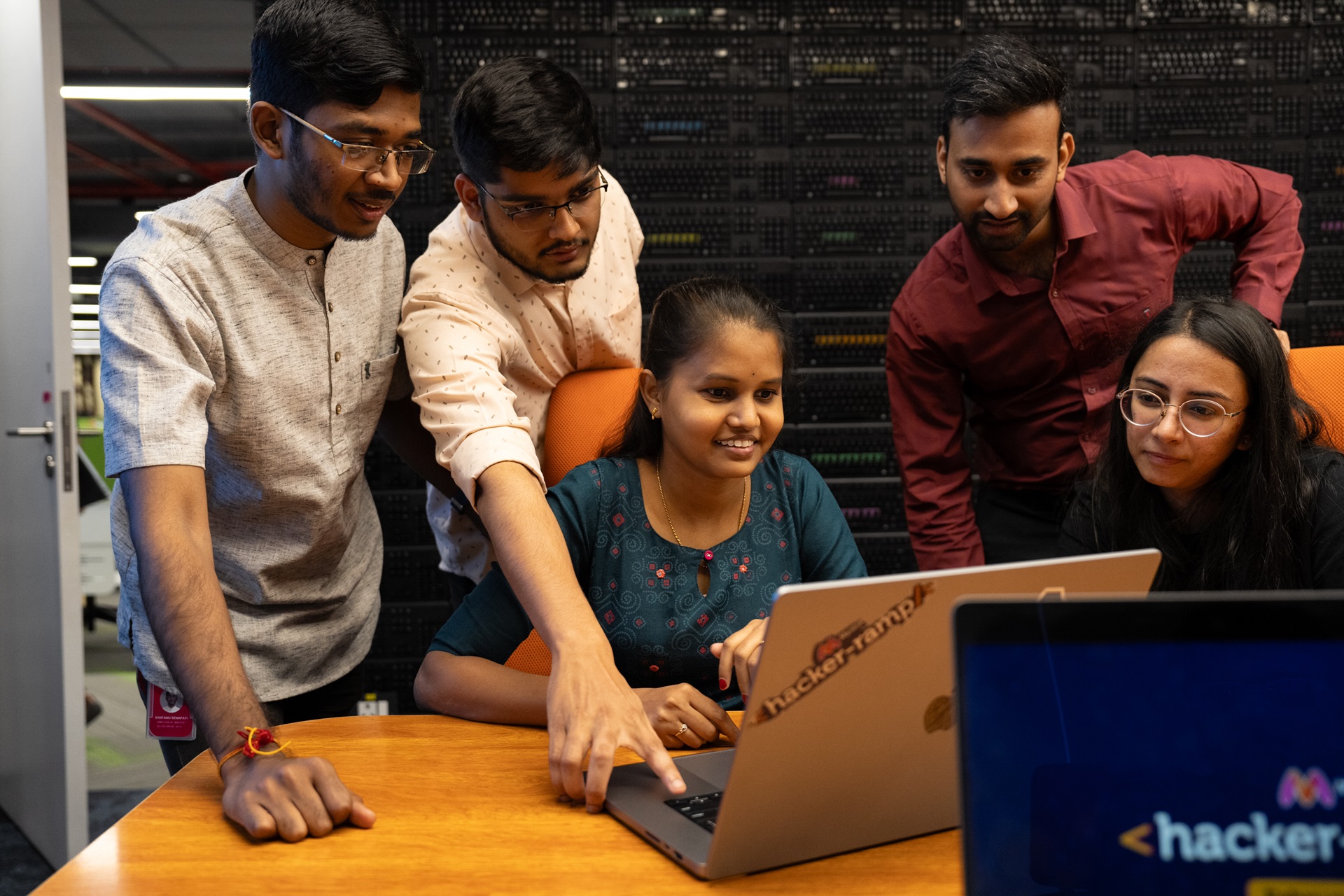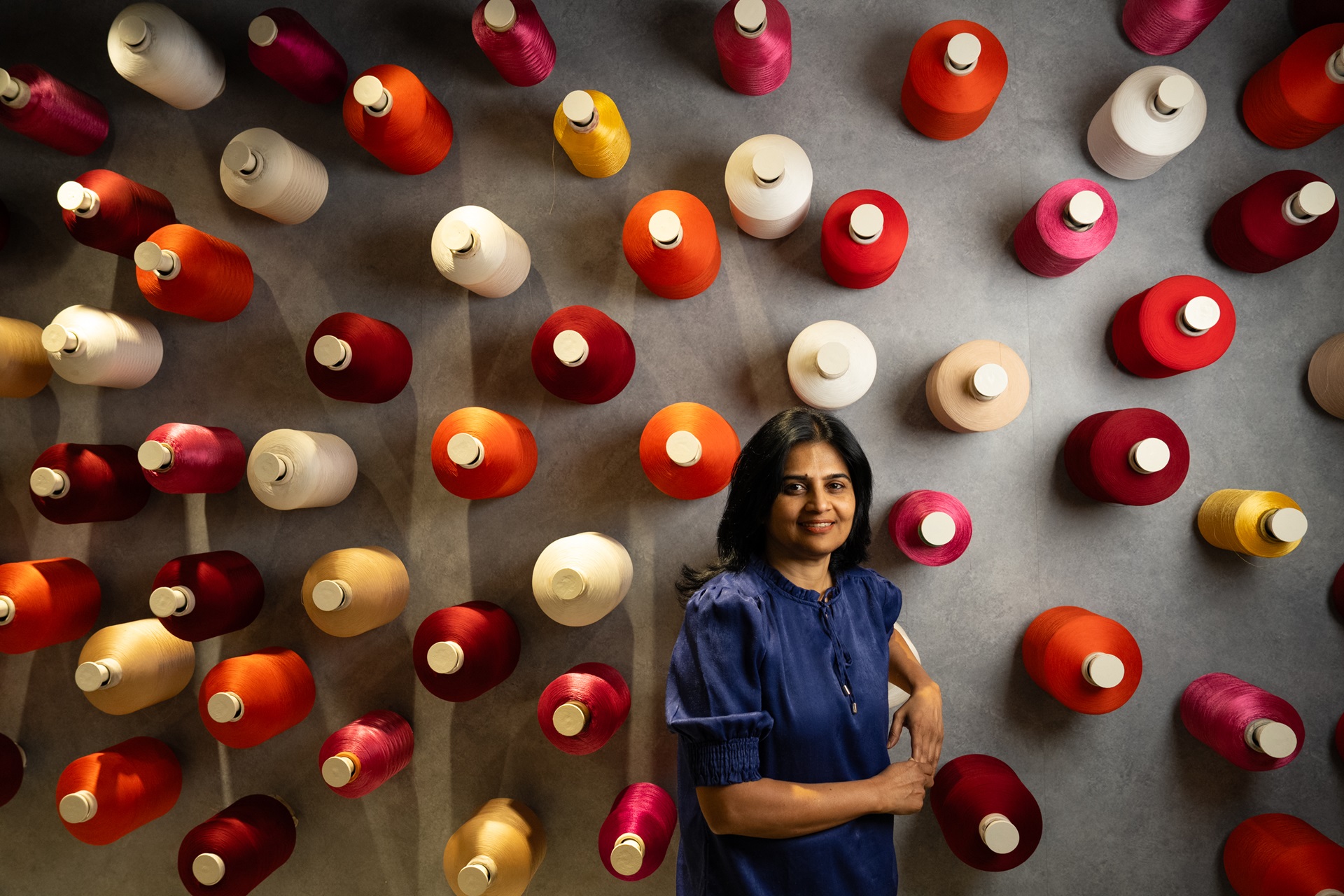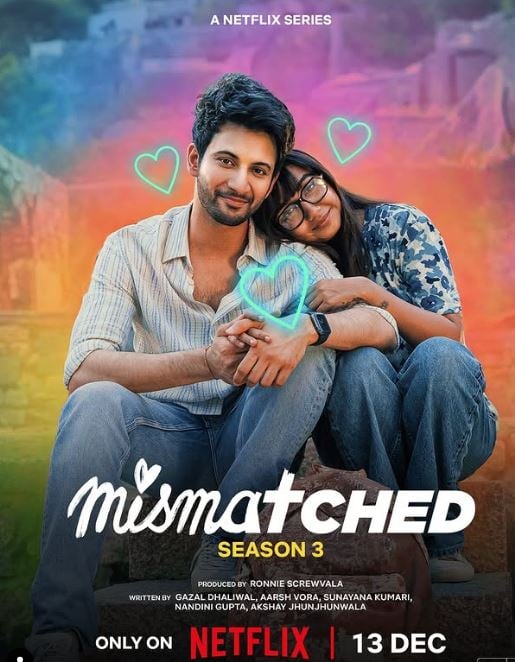Indian company Myntra is creating artificial intelligence technologies to help shoppers put together the right look » Today Latest Stories

For a 40-year-old, stepping into the gym for the first time can be a nerve-wracking experience.
As this writer realised, even before self-doubts crept in about their chances of surviving an hour at the gym, the biggest looming question was what to wear and not look out of place.
With absolutely no idea what they were looking for, this writer turned to an AI shopping assistant at Myntra, India’s largest online fashion retailer, and wrote: “I’m looking for clothes I can wear while working out at the gym.” .
Surprisingly, the AI assistant understood exactly what this writer needed and came up with shirts that wick away sweat, compression shirts, comfortable sweatpants that do not restrict movement, shoes that can make you run better, fitness belts and all kinds of equipment that a beginner cannot. He imagines that he wants or needs her.
With his shopping cart full and wallet largely empty, this writer was ready for a fresh start.
What the AI assistant has done – turning an abstract user query into actionable results – is a game-changer for the fashion industry. Traditional search works best for specific keywords, like a blue shirt from a specific brand, for example.
It goes a few steps further than traditional research. It uses generative AI to answer more open-ended questions such as what to wear to a particular festival, a cricket match, or even what’s trending in the city.
“This is big, why? Why? Because this is the first time we have a solution, which is solving the unsolved ‘search’ problem in the fashion, beauty and lifestyle industry,” said Arit Mondal, Director, Product Management, Myntra. wide range.”
Since the beginning of online fashion retail, searching for products has become very similar to searching for any other information online. You can try a range of keywords and continue to refine your search using different keywords and predefined filters.
Searching for a branded blue shirt works well because the keywords are already part of the product catalog.
But that’s not always how people shop in the real world. Some shoppers have only a vague idea of what they want — for example, clothes for an upcoming vacation or a rock concert.
The traditional method of searching by keyword fails spectacularly when it comes to the second type of customer as the search strings they use cannot be retrieved directly from the information stored in the product catalog.
So far.
When generative AI — built on large language models (LLMs) that aggregate large sets of data to create text, images, and more — debuted last year, the Myntra team quickly started thinking about how to leverage it to enhance customer experiences .
When Myntra organized a hackathon in February this year, a group of engineers from the company’s research team decided to use the Azure OpenAI service to solve the abstract search problem and free users from the constraints of keywords.

They were pleasantly surprised to see how ChatGPT, the generative AI service available through the Azure OpenAI service, can aggregate natural language prompts. They asked ChatGPT about an actor’s look from a recent movie, and it could tell them it consisted of a bomber jacket, gloves, and aviator sunglasses.
“This is information that was not present in the existing Myntra catalog,” said Swapnil Chaudhari, engineering director at Myntra.
Over the course of two days, his team took over the conference room and kept trying new prompts — text that the generative AI could understand — to see what results they got. This was new territory – and they didn’t know how far they could go.
“We were surprised to see the results. It was able to answer questions like what clothes to wear on regional festivals like Pongal and Onam,” said Pragna Kanchana, front-end engineer at Myntra.
On a whim, I tried searching in Hindi with Winter clothesWhich translates in English to winter clothes. And I got it!
The team then gained access to the Azure OpenAI Service playground that allowed them to do much more than was possible with ChatGPT alone.
“By leveraging the Azure OpenAI service, we were able to connect different large language models into the same router and see which model worked best for our use case. So, we had a lot of freedom to compare,” explained Santanu Kanchada, a backend engineer on the Search Engineering team. And choose the appropriate model.
The team knew they were on the verge of something big. They wrote the code in a day, and within two days they had a working prototype of a new feature that enables users to search in natural language.
“If it were not for the GPT models, we would have first had to retrain the model using the Myntra catalog and then wait and check the results according to our predictions. But the pre-trained models already available with the Azure OpenAI service were already performing well,” Choudhary added.
Over the next five weeks, multiple engineering and product development teams fine-tuned both the backend and UI of the AI shopping assistant.
“Myntra’s systems are on Azure and deploying the Azure OpenAI service was as seamless as deploying another server, and it gave us a secure way to use generative AI,” explained Vindhya Priya Shanmugam, Director of Engineering at Myntra.

After the hackathon, the research engineering team continued to improve the claims to produce useful results for users. One problem, for example, was how to ensure that a response to a user’s query led to clothing tailored to only the gender the user was searching for.
In the weeks leading up to the launch, they trained the system on the Myntra catalog and added guardrails so that the results were limited to the catalog.
The AI-powered shopping assistant was launched on the Myntra app in late May, just in time for one of its biggest milestone events, the End of Reason Sale (EORS). They included sample prompts that gave users an idea of how to use conversational language instead of keywords.
Since then, Myntra has already seen an expansion in search queries, providing new opportunities for product discovery. For example, when someone is looking for clothes that they can wear to go to the beach, not only beach clothes but also accessories like hats, sunglasses, and pop-up shoes.
It has been phenomenal for Myntra.
“Users who shop using an AI-powered shopping assistant are three times more likely to make a purchase,” Mondal said. “Since it also helps users discover full looks from multiple product categories, we see that they are adding products on average from 16 percent more categories than usual.”
While this writer’s fitness transformation journey is still in doubt, multiple teams at Myntra are already working on building new features based on generative AI.
One such feature will allow users to choose different categories of products — T-shirts, underwear and accessories, for example — and see how they look together in an outfit. Myntra plans to enhance it further by introducing voice search and offering personalized results. They are also looking into how generative AI can be used to help customer support teams.








